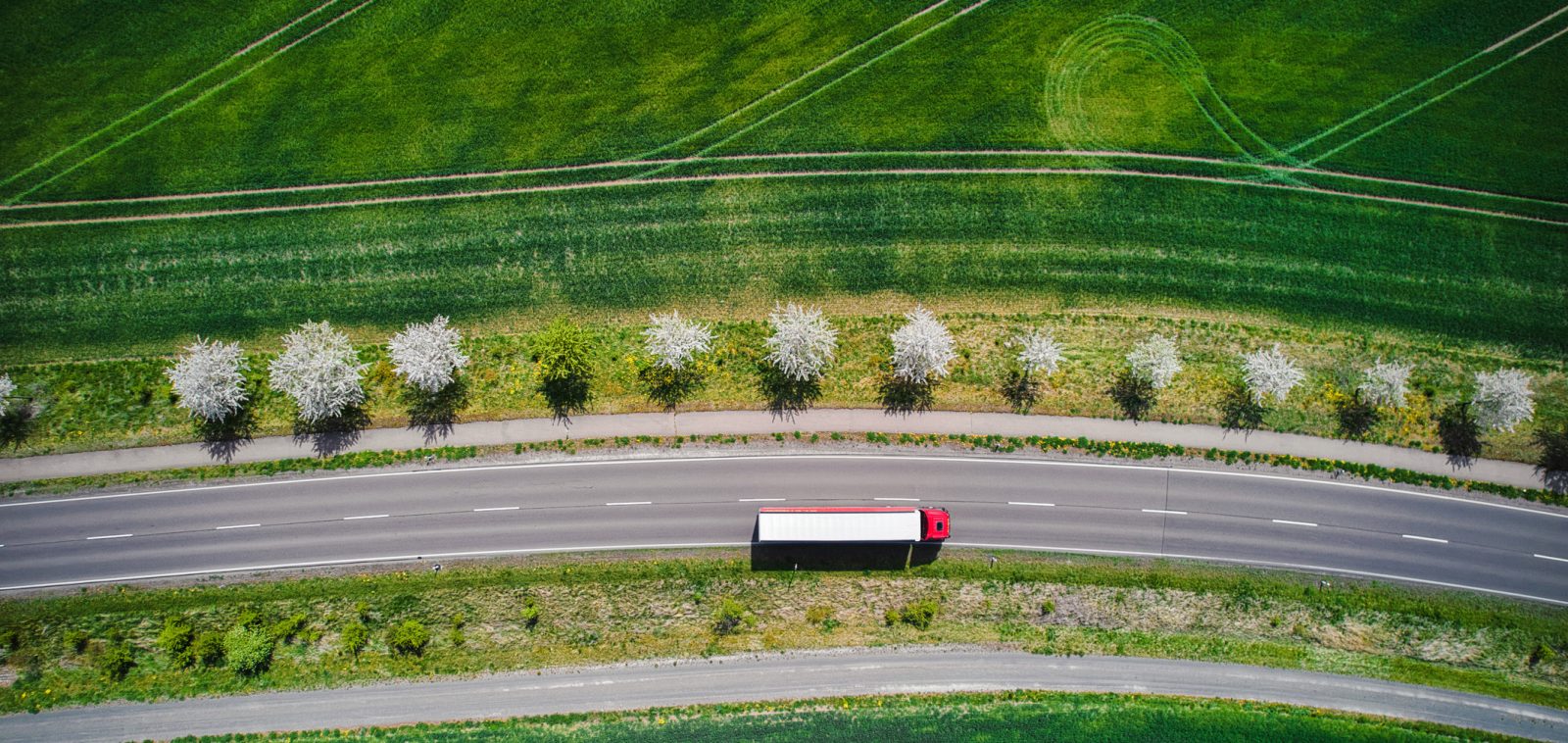In early December, CCC hosted “Workflow of the Future: Standards & Sustainability” a webcast where a panel of industry experts discussed sustainability challenges in trying to reduce our impact on the environment and in managing the effects of the changing environment itself.
The first post in this series featured Holly Elwood, Senior Advisor for the EPA’s Environmentally Preferable Purchasing Program, which helps federal agencies factor the environment into purchasing decisions.
Another featured speaker was Maike Luiken, chair of IEEE’s Planet Positive 2030 Initiative, a dynamic program supported by the IEEE Standards Association (IEEE SA). Planet Positive’s goal is bringing together a global, open community of experts to chart a path for all people to achieve a flourishing future. Luiken also helps run a start-up called Carbovate Development Corporation as managing director and is an Adjunct Research Professor at Western University, Canada. She lives and works in Sarnia, Ontario, Canada — a community that has successfully transformed the culture of the local feedstock industry in the direction of safety and sustainability.
Ms. Luiken shared some of the recent activities of the IEEE’s Planet Positive Initiative, noting:
“IEEE’s core mission is to foster technological innovation excellence for the benefit of humanity. And that, of course, means engagement around climate change and sustainability.”
The global reach of IEEE, including 46 societies, based in 160 countries, and hundreds of publications, uniquely positions its standards organization to provide leadership in this work. One of Planet Positive’s key program goals is to identify practical solutions in reducing worldwide greenhouse gas emissions below 50% of the 2005 emission levels by 2030, and how to use industrial-scale protocols and techniques of regeneration to come to a “planet positive” equilibrium – or better. In other words, to promote the net positive effect of giving back more than is being taken out by the power production and other extractive industries.
There are already more than 400 contributors to the Planet Positive initiative, and its work continues. One major deliverable underway is the “Impact Assessment Framework.” This tool, open for any organization to use, enables large- and medium-size companies to measure progress toward a culture of sustainability in comparison with others in their sector to deliver “accountable sustainability by design.” The Framework may soon be proposed as a standard so that it becomes feasible for use by smaller companies, especially to help them on the reporting side of the work.
As the UN recently laid out in its policy brief, Transforming Extractive Industries for Sustainable Development (2021), “Technology and digital solutions bring enormous benefits across the extractive value chain. As digital technologies become more available to the global population, there could be a massive increase in information and communications technologies (ICTs) and related infrastructure reliant on minerals and metals.” Standardized and international frameworks like IEEE’s Planet Positive initiative are certain to play a critical role in bringing about the necessary transition to greater “engagement around climate change and sustainability.”
The final post in this series will highlight the remarks of our third speaker, Holly Neber, CEO of AEI Consultants.
This webcast was supported by the U.S. Department of Commerce’s International Trade Administration’s Market Development Cooperator Program.


